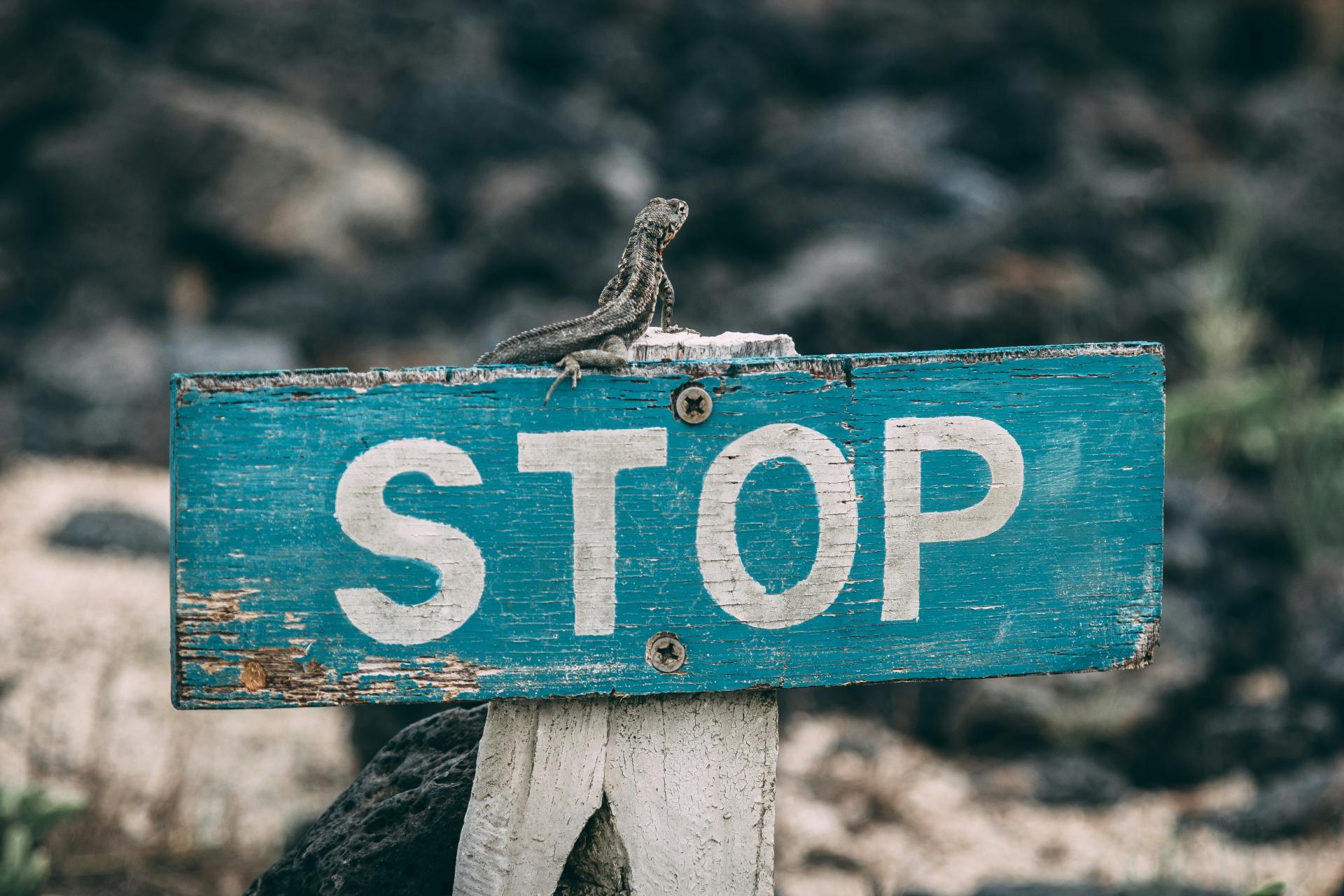
Psychological flexibility: dealing with the unexpected

We often plan our vacations down to the last detail. Beautiful places, good food, comfortable places to sleep. But what do you do when things turn out differently? My last vacation was a perfect (well, challenging) exercise in that. A broken tent pole, a mosquito plague, a thunderstorm in a treehouse, and bad weather in the mountains. Not exactly the picture you see in a travel brochure. But precisely in those situations, I got the chance to practice psychological flexibility. Let me explain what that is.
Psychological flexibility is the ability to move with what happens, without losing your values or yourself. It means accepting what you cannot change, focusing your energy on what can be done, and making choices based on what matters to you, instead of what “should” be. It’s not an innate talent, but a skill you can train—and vacations offer surprising opportunities to practice it.
Acknowledge your first reaction
When the tent pole broke and the canvas tore, I mainly felt frustration. And that’s okay. Psychological flexibility doesn’t mean being zen right away. Your exercise: allow yourself to feel your first emotion, without judgment. Name it: “I’m annoyed. This is not what I wanted.” Only after that, look at your next step.
Choose your focus
In that apartment without air conditioning, armed only with mosquito spray against a swarm of mosquitoes, I had a choice: focus on the irritation, or look for something to make it more bearable. Your exercise: ask yourself, “What helps me most right now?” Sometimes it’s a practical adjustment (long sleeves), sometimes a mental one (shifting your attention to something pleasant).
Be willing to let go of your plan
That treehouse seemed like a dream—until the thunderstorm started. In the end, we moved to a cottage, because safety came first. Your exercise: don’t be afraid to adjust your plan when circumstances change. Holding on to your original idea often costs more energy than letting go.
Take care of yourself, even if it feels like “giving up”
In the mountains, we decided to go home two days earlier. Not because we couldn’t handle it anymore, but because we felt it was better for our energy and mood. Your exercise: ask yourself, “What do I really need right now?” and act on it, even if it’s different from what you originally planned.
Stay true to your values
Through it all, I kept coming back to what mattered most to me: being together with my family, being outdoors, having time for each other. Your exercise: identify your own values and let them guide you—especially when things get tough.
Psychological flexibility doesn’t necessarily make your vacation easier, but it does make it more meaningful. And it helps far beyond vacations: at work, in relationships, or whenever life takes an unexpected turn.

About the author
- Karolien Koolhof is a coach voor introverts and gifted individuals
- Author of the book Introvert Leadership
- Contact

